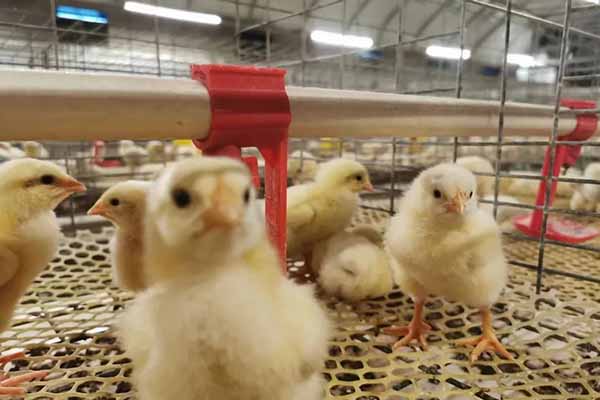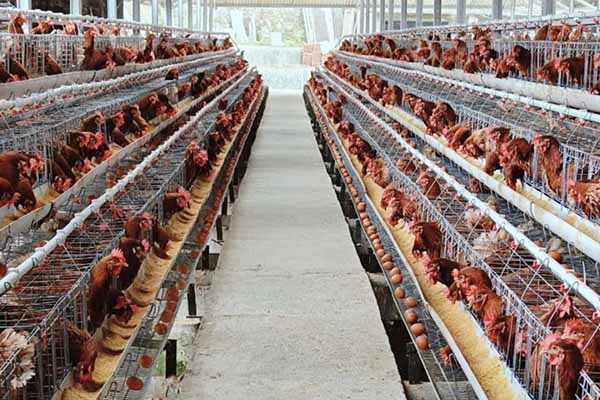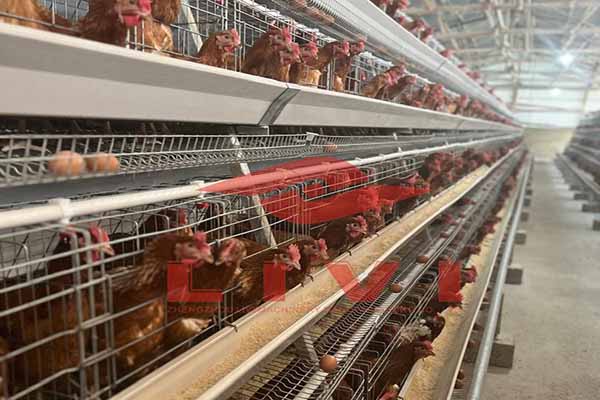How Often Should You Replace Drinker Nipples in Poultry Farms?
Poultry farms rely on efficient watering systems to maintain the health and productivity of their flocks. One critical component of this system is the drinker nipples. Regular maintenance and timely replacement of these nipples are essential to ensure the well-being of your chickens. In this article, we will discuss the optimal frequency for replacing drinker nipples and how it impacts your farm’s efficiency.
What are Drinker Nipples?
Drinker nipples are small devices attached to the drinking water lines in poultry farms. They provide a controlled flow of water to the chickens, preventing wastage and ensuring that each bird has access to water at all times. Nipples come in different sizes and flow rates, catering to different age groups and types of poultry.

Factors Influencing Replacement Frequency
The frequency of nipple replacement depends on several factors:

- Quality of Nipples: High-quality nipples are more durable and last longer than their lower-quality counterparts.
- Chick Age: Young chicks require smaller nipples, while adult birds need larger ones. Regular changes in nipple size can affect replacement frequency.
- Water Pressure: Sudden changes in water pressure can lead to nipple clogs and frequent replacements.
- Number of Birds: A higher bird density may lead to quicker wear and tear, necessitating more frequent replacements.
- Hygiene and Sanitation: Poor hygiene can lead to bacterial buildup and quicker nipple damage.
On average, nipple replacement in commercial chicken farms can range from every 4 to 6 months. However, it is essential to monitor your farm’s specific needs and replace nipples as required.
Monitoring and Maintenance Tips
- Regular Inspections: Check the nipples regularly for signs of wear and tear, such as leaks, clogs, or damaged threads.
- Adjust Water Flow: Adjust the water flow as needed to prevent water spillage and reduce wear and tear on the nipples.
- Keep Lines Clean: Clean the water lines regularly to avoid clogs and bacterial growth.
- Replace Promptly: Replace nipples immediately upon detecting any issues to prevent further damage to the system.
Implementing these tips can help prolong the lifespan of your drinker nipples and improve the efficiency of your poultry farming operation.
Conclusion
Replacing drinker nipples in a timely manner is crucial for maintaining the health and productivity of your chickens. By considering the factors influencing replacement frequency and following proper monitoring and maintenance practices, you can ensure your poultry farm operates efficiently. For more detailed information and to discuss a custom-tailored solution for your farm, please feel free to leave a comment or contact us for a free chicken farming design and equipment quotation.





